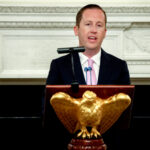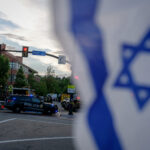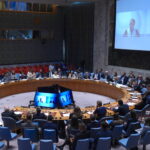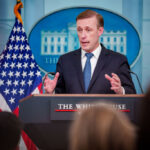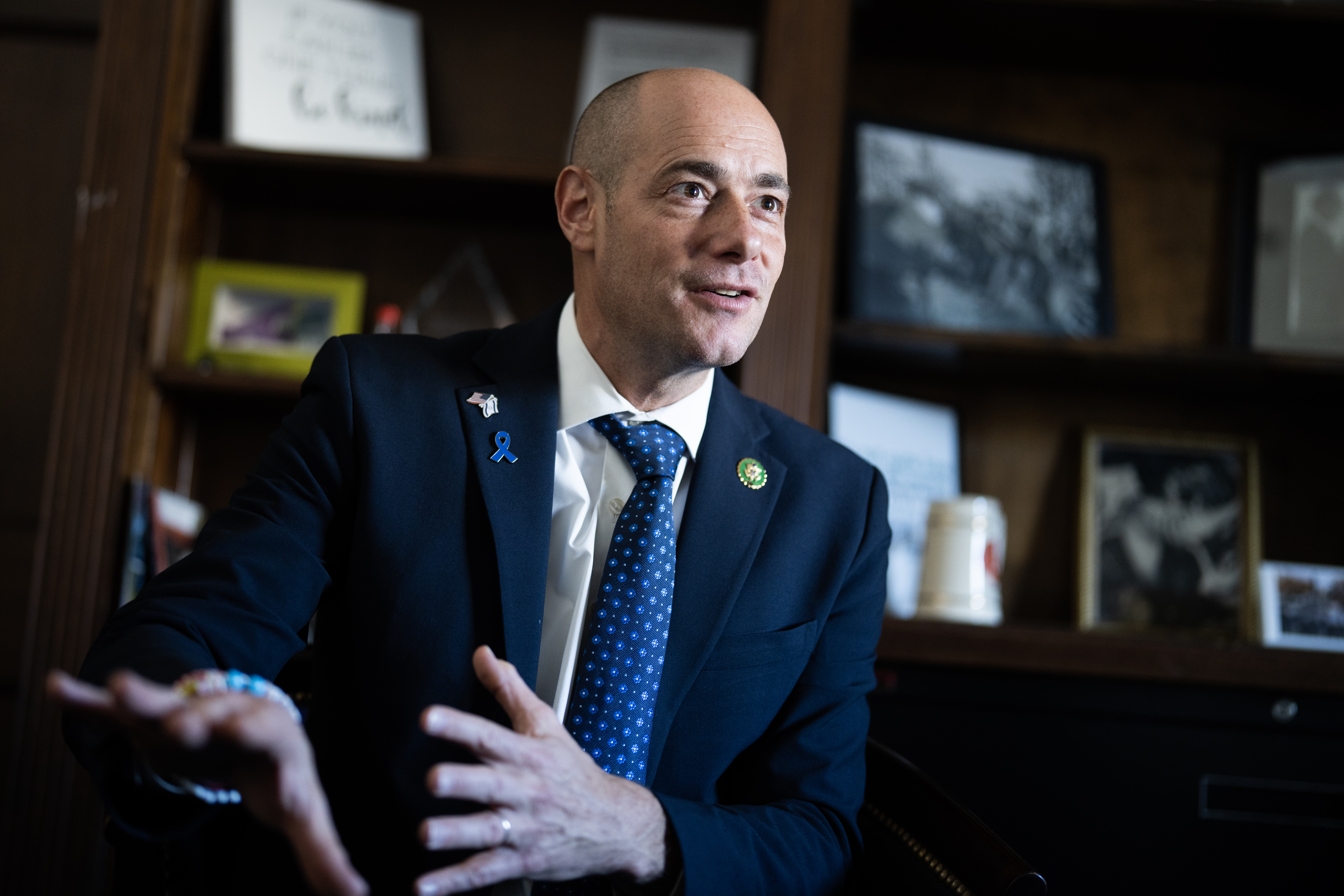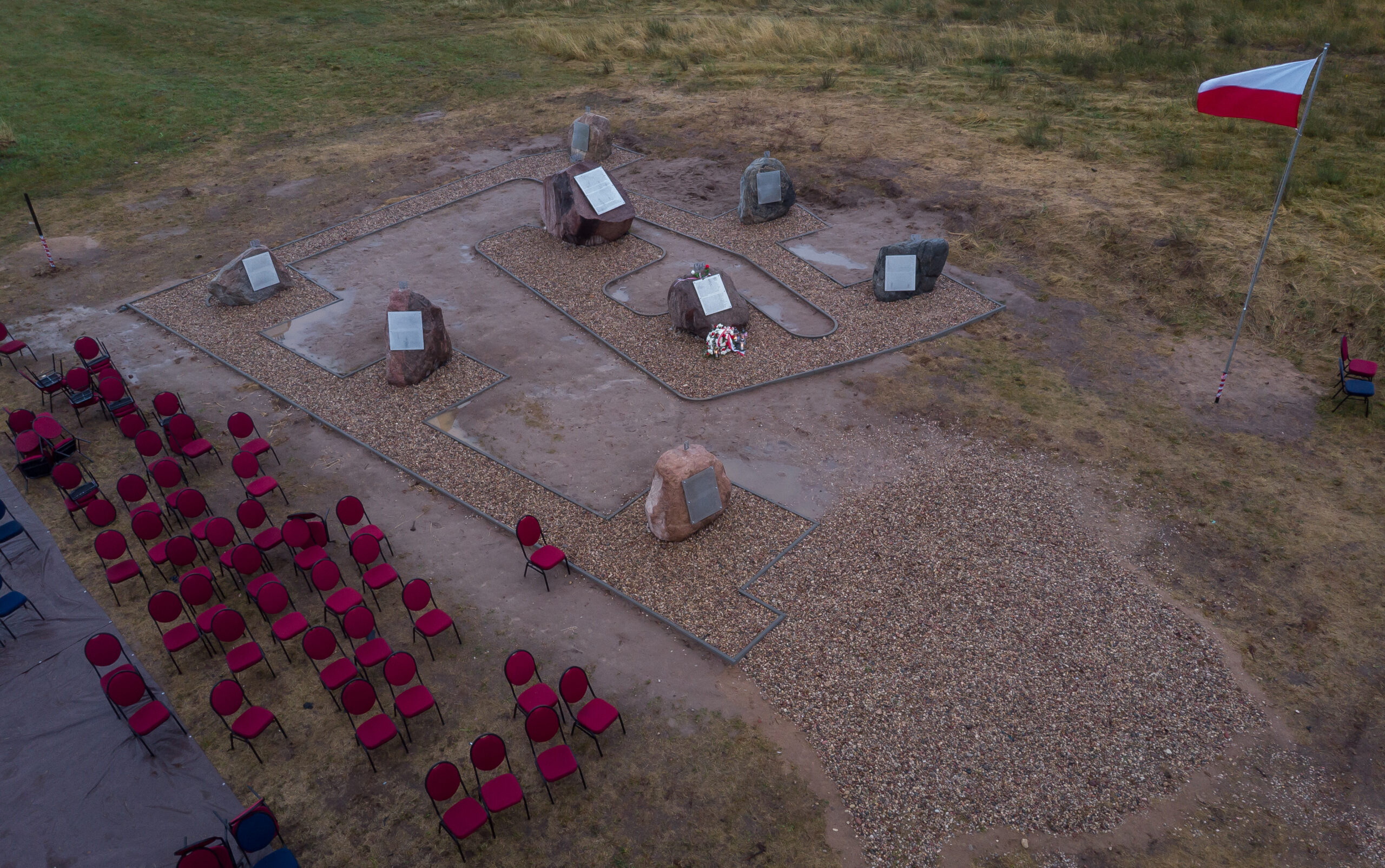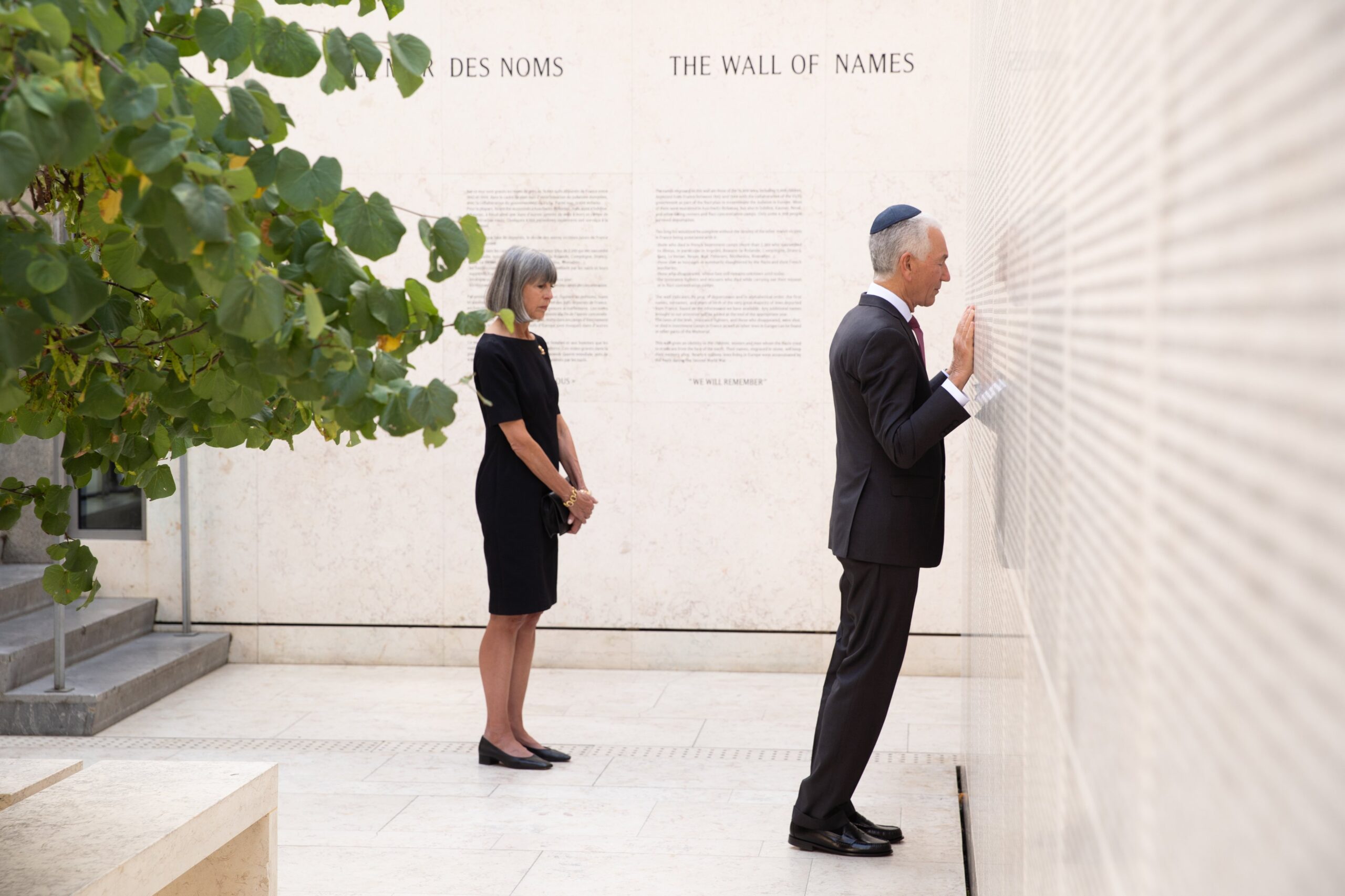Plus, interview with Rep. Greg Landsman

Chip Somodevilla/Getty Images
U.S. Census Bureau Director Robert Groves holds a news conference at the National Press Club August 25, 2011, in Washington, D.C.
Good Monday morning.
In today’s Daily Kickoff, we preview this week’s Capitol Hill hearing on campus antisemitism, and talk to experts about the possibility of a Saudi-Israeli normalization agreement. We interview Rep. Greg Landsman about the recent U.S.-Israeli strikes on Iran’s nuclear program, and report on Democratic National Committee Chair Ken Martin’s outreach to Jewish groups following his comments earlier in the week regarding Zohran Mamdani’s defense of the phrase “globalize the intifada.” Also in today’s Daily Kickoff: Amb. Charles Kushner, Sen. Joni Ernst and Elmo.
What We’re Watching
- Attendees of this year’s Aspen Security Forum are making their way to Colorado today, ahead of the start of the gathering tomorrow. Jewish Insider’s Marc Rod will be on the ground in Aspen — drop us a line if you will be as well.
- We’re also keeping an eye on stalled Israel-Hamas ceasefire talks amid reports that President Donald Trump and Qatari Emir Sheikh Tamim bin Hamad Al Thani were set to meet on the sidelines of yesterday’s FIFA finals in New Jersey. Read more here.
What You Should Know
A QUICK WORD WITH JI’S MELISSA WEISS
School may be out of session for the summer, but officials from Georgetown University, the University of California, Berkeley and the City University of New York will be in the hot seat this week when they testify on Tuesday before the House Education and Workforce Committee.
This is not the first time that university officials have appeared in front of Congress to account for the situations on their campuses, but this week’s hearing aims to focus on more than just the anti-Israel activism that has permeated many campuses since the Oct. 7, 2023, Hamas terror attacks on Israel and the ensuing war in Gaza to focus on root issues, including foreign funding in higher education as well as faculty anti-Israel organizing efforts.
With that as the backdrop, Georgetown’s interim president, Robert Groves, is likely to face hard-hitting questioning about the school’s donations from authoritarian regimes.
Nearly a decade ago, Georgetown took a $10 million donation from an organization connected to Beijing’s ruling Chinese Communist Party — more specifically, according to The Washington Post, to “the specific CCP organizations that manage overseas influence operations” — to establish the Initiative for U.S.-China Dialogue on Global Issues.
But that $10 million is a drop in the bucket compared to the amount of money Qatar is alleged to have sent to Georgetown. According to a study by the research institute ISGAP — which primarily focuses on progressive and Islamist antisemitism — Qatar has donated more than $1 billion dollars to the Jesuit school in recent decades. In addition, Qatar has long had a partnership with Georgetown that includes an outpost of the school in Doha. Earlier this year, the school extended its contract with Doha for another decade.
There’s a saying that has floated around many a conference, Jewish organizational board meeting and Shabbat dinner table in recent years: Jews endow buildings, their enemies endow what happens inside of them. Tomorrow’s hearing will see just how deeply those efforts have permeated.
normalization? not yet
After Iran strikes, Saudis in no rush to join Abraham Accords, experts say
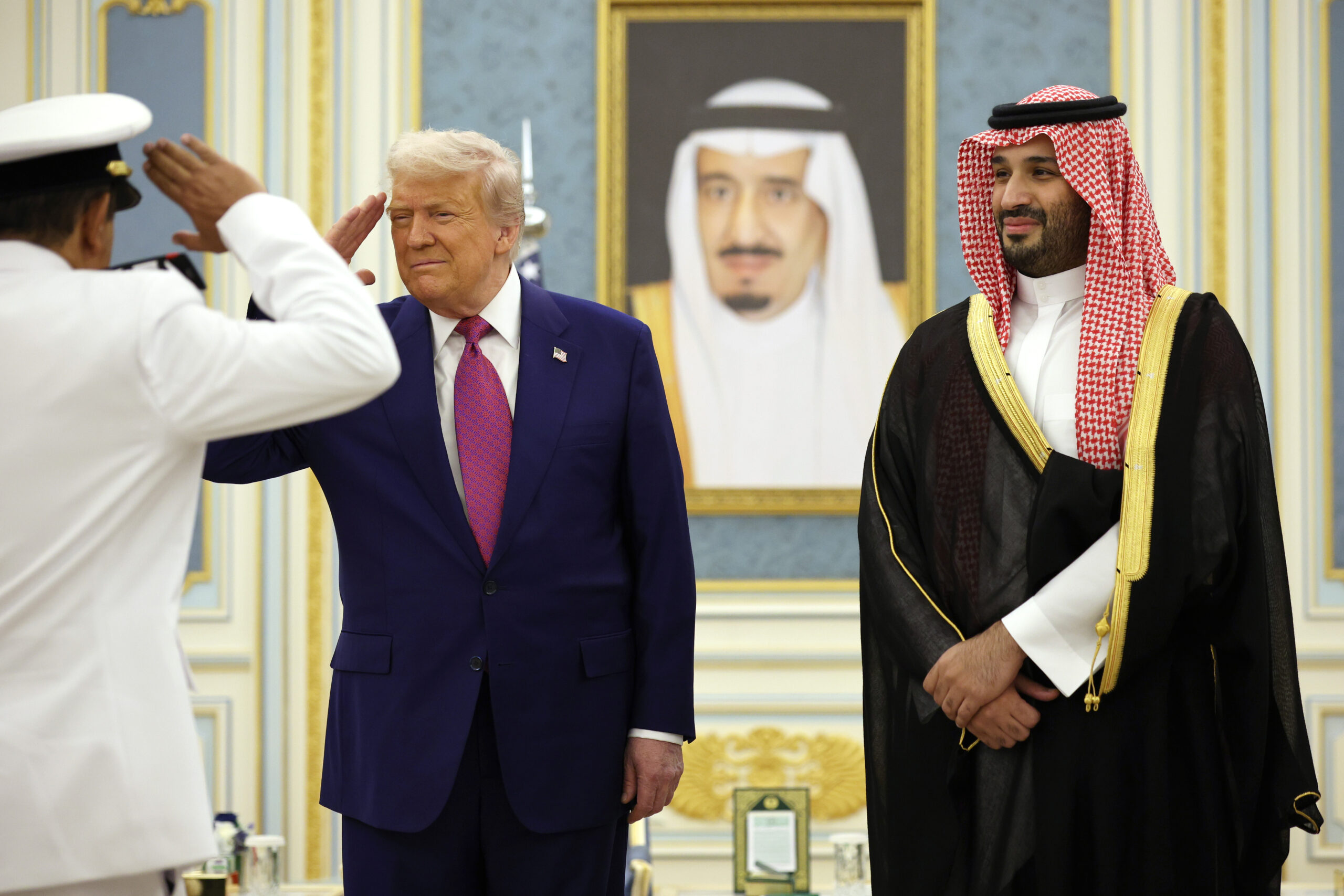
One of the original drivers of the 2020 Abraham Accords was Israel’s vocal, public stance against Iran’s nuclear program and regional aggression. That stance also brought Israel and Saudi Arabia closer, a relationship that developed to the point that in the summer of 2023, it seemed like normalization was just around the corner. By extension, it might make sense for the Abraham Accords and a Saudi-Israel rapprochement to be back in the headlines after Israel took the ultimate stand against Iran’s nuclear program last month, bombing it with assistance from the U.S. Yet there has been almost no serious talk about Saudi Arabia joining the Abraham Accords in recent weeks, experts told Jewish Insider’s Lahav Harkov.
Saudi two-step: Riyadh has also been publicly signaling that its relationship with Tehran is still on track since China brokered a deal between the two countries in 2023. Saudi Arabia, like other Gulf States, spoke out last month against the Israeli and American airstrikes on Iran. Last week, Iranian Foreign Minister Abbas Araghchi met with Saudi Crown Prince Mohammed bin Salman in Jeddah. “There’s all this public condemnation of the attacks on Iran,” Bernard Haykel, a professor of Near Eastern studies at Princeton University, told JI, “but when the U.S. pulled its forces from the Air Force base in Qatar [due to Iran’s retaliation], they moved their planes to a Saudi base. So they condemned the U.S. for attacking Iran, but they also gave the U.S. protection.”


























































